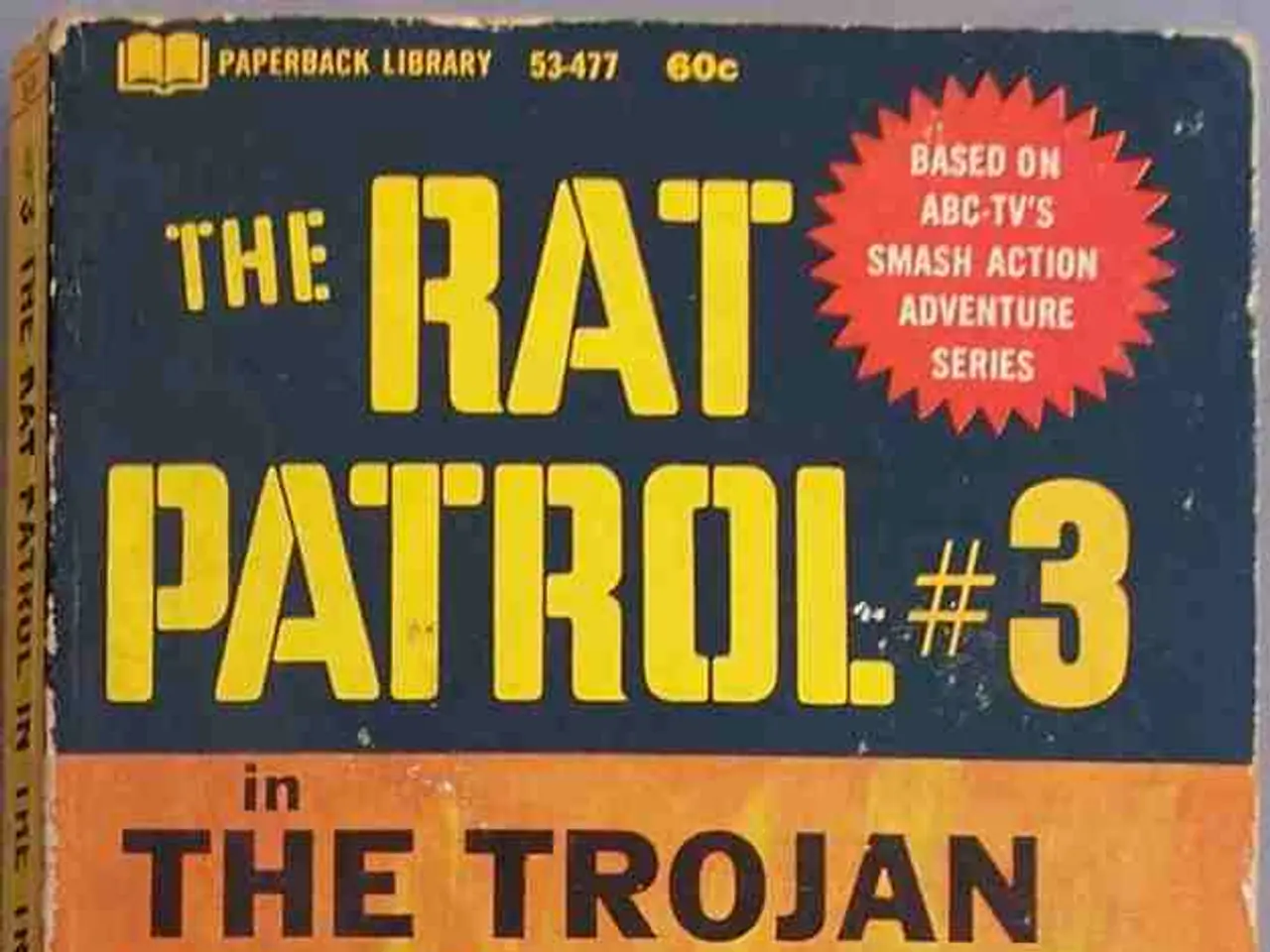"Documentary Explores Palestinian Group's Campaign Against UK's Involvement in Israeli Separation System"
In the heart of the UK, a grassroots movement named Palestine Action has been making waves since its inception in 2020. This group, based in the UK, takes direct action against Israeli weapons manufacturer Elbit Systems, challenging British complicity in war crimes.
Palestine Action's strategy is multifaceted, involving factory shutdowns, rooftop occupations, sabotage operations, and building occupations. Their ultimate goal is to end the UK arms trade with Israel, a trade that continues unabated, with no indication of independent compliance checks or accountability from the UK government.
The documentary film "How to Kill a War Machine," produced by Rainbow Collective, sheds light on this contentious issue. Directed by Carole Roussopoulos, the film traces how weapons made on British soil end up in the hands of Israeli forces accused of war crimes. It confronts the viewer with the reality of a UK arms trade linked directly to Israeli apartheid and war crimes.
Investigations by advocacy groups suggest that British-made components - including drone parts and precision optics - have been directly used in military operations against Palestinian civilians. Two of Elbit's ten UK sites have already been forced to close due to Palestine Action's actions.
The intensified crackdown on Palestine Action has drawn the attention of legal scholars, civil rights groups, and the public. More than 100 members of Palestine Action are currently facing prosecution, some under serious public order laws and others potentially facing terrorism charges.
The United Nations has warned that Israel's systematic destruction of civilian infrastructure and obstruction of humanitarian aid may amount to genocide and war crimes. Over 56,000 Palestinians have been murdered by Israel in Gaza since the conflict began in October 2023, with the majority of victims being women and children. One senior UN official stated that the "weaponisation of food" in Gaza could itself constitute a war crime.
Entire neighbourhoods have been destroyed, and hospitals, refugee camps, and aid convoys have been repeatedly bombed. The documentary and the actions of Palestine Action highlight these atrocities, raising questions about the UK's role in this ongoing conflict.
Support for Palestine Action is growing rapidly. Academics, trade unions, legal observers, and thousands of ordinary people are rallying behind the group. Legal defence funds have raised tens of thousands of pounds, and screenings of How to Kill a War Machine have sold out across the UK.
However, the Home Secretary Yvette Cooper announced plans to proscribe Palestine Action as a terrorist organisation in June 2025, a move that has been criticised as a desperate attempt to criminalise dissent by Jeremy Corbyn, Independent MP for Islington North.
The documentary serves as a call to action, asking each of us: if we know, can we remain silent - and if not, what will we do? As the struggle against war crimes continues, the question remains: will the UK government heed the calls for accountability and transparency in its arms trade with Israel?
Read also:
- Lu Shiow-yen's Challenging Position as Chair of the Chinese Nationalist Party (KMT) Under Scrutiny in Donovan's Analysis
- Transforming the Romanian hospitality sector: Stadio Hospitality Concepts, shifting from culinary spots to iconic adventures
- Group backing Autism Association finds endorsement from witch faction
- Fun-Filled Mother's Day Activities and Educational Insights








